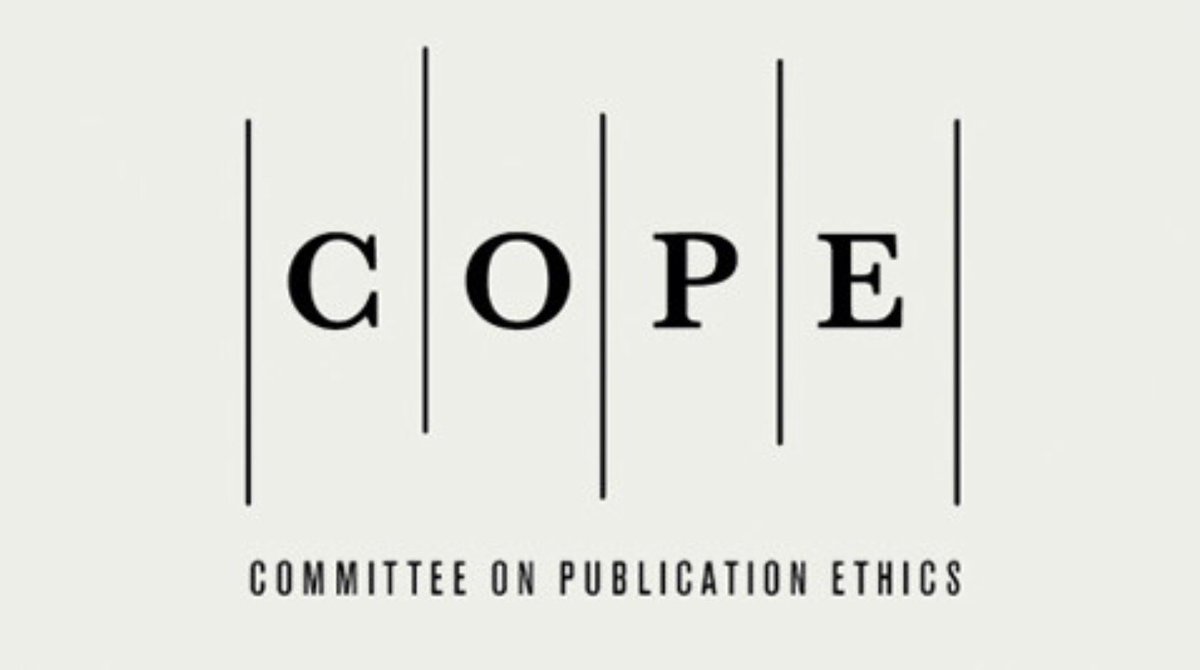[9] EDUCATIONAL CHALLENGES: A CATALYST FOR UNDERDEVELOPMENT
ARTICLE INFO: Date of Submission: July 22, 2025, Revised: August 05, 2025, Accepted: August 18, 2025, https://doi.org/10.56815/ijmrr.v4i3.2025.94-115
Abstract
Education is the genesis of development. However, the education system in Manipur is in a precarious state. Despite some efforts, the state fails to provide decent education in the government schools, particularly in the hill areas. This paper aims to investigate how persistent educational challenges, including inadequate infrastructure, insufficient human resources, declining enrollment, and poor educational outcomes, contribute to underdevelopment in low-income regions such as the Tamenglong district of northeast India. the study explores the critical intersection between educational challenges and underdevelopment, highlighting how systemic issues in the education sector contribute to persistent economic stagnation and social disenchantment in the district. Interviews and focus group discussions are used to gain an in-depth understanding of the issue and identify and analyse key challenges. Human Capital Theory is used to examine how educational gaps affect socioeconomic difficulties. The findings indicate difficulties in human capital formation, socioeconomic stagnation, inequality, limited economic growth, and destabilised social and political institutions. The paper concludes that addressing educational failure and systemic issues is paramount and suggests the extensive requirement of educational reforms to rescue the generations at stake and to enhance human capital development to break the cycle of underdevelopment and achieve sustainable progress.
Keywords:
Precarious, Destabilised, Systemic Issues, Socioeconomic Stagnation, Sustainable ProgressDownloads
License
Copyright (c) 2025 @Authors

This work is licensed under a Creative Commons Attribution-NonCommercial 4.0 International License.





























